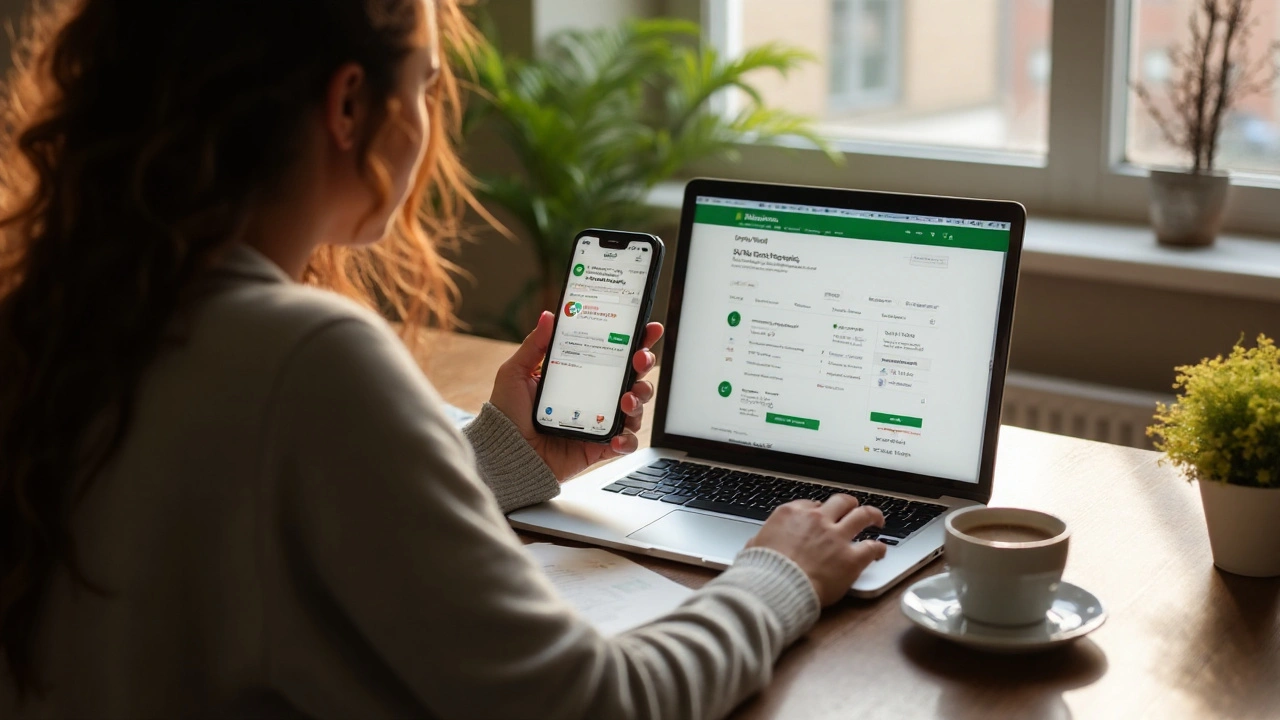Everything You Need to Know About the NHS Prescription Charge
If you’ve ever walked into a pharmacy in the UK and wondered why you have to pay for your meds, you’re not alone. The NHS prescription charge is a flat fee you pay for each item on your prescription, unless you qualify for an exemption. In this guide we’ll break down the current charge, who gets it for free, and practical tips to keep your pharmacy bill low.
What’s the charge right now?
As of 2025, the NHS charges £9.35 per prescription item in England. Wales, Scotland and Northern Ireland don’t charge at all – they fund prescriptions through general taxation. That means if you live in England and pick up three separate medicines, you’ll pay three times the fee, unless you have a pre‑payment certificate or qualify for an exemption.
Who gets a free prescription?
There are several groups that don’t pay the charge. The most common are:
- People aged 60 or over.
- Under‑16s (and under‑19s in full‑time education).
- Those on certain benefits – for example, Income Support, Jobseeker’s Allowance, Universal Credit (if your earnings are below the threshold), and PIP.
- Pregnant women and anyone who’s had a baby in the last 12 months.
- People with specific medical conditions such as epilepsy, diabetes, or a reading disability.
If you think you belong to one of these categories, you’ll need a valid exemption certificate. You can apply online or ask your GP to fill out the form. The certificate is free and lasts for a year.
How to save if you pay the charge
Even if you don’t qualify for a full exemption, there are ways to reduce the cost:
- Prescription pre‑payment certificate (PPC): Pay £30 for a 3‑month certificate or £108 for a year. This covers unlimited prescriptions during that period and is worth it if you need three or more items per month.
- Ask for a repeat prescription: Your GP can give you a longer repeat interval, meaning fewer trips to the pharmacy and fewer individual charges.
- Check for generic alternatives: Generic drugs cost the same as branded ones under the NHS, but they’re often easier to find and may be covered by your PPC.
- Use the NHS App: You can view your prescription history, see if a PPC will save you money, and request repeat prescriptions without leaving home.
Many people forget they can combine these options. For example, a diabetic who needs insulin, blood‑pressure meds, and a cholesterol tablet could easily hit the three‑prescription mark each month – a PPC would pay for itself.
What about online pharmacies?
Buying from a reputable online pharmacy works the same way. If you have a valid exemption or a PPC, the online service will apply it. Always check the pharmacy’s registration number (it should end in “G”) and compare prices – some sites list the charge separately, others include it in the total price.
Remember, the NHS never asks you to pay for a prescription before you’ve received it. If a site asks for money upfront, it’s likely a scam.
Bottom line: the NHS prescription charge can feel like an extra hassle, but knowing the current fee, who’s exempt, and how a pre‑payment certificate works can save you both time and money. Keep your exemption paperwork handy, check your prescription needs regularly, and use the NHS App to stay on top of costs. That way you’re only paying for what you truly need.

Buy Duloxetine Online (Generic Cymbalta) in the UK Safely: Prices, Risks, and Smarter Ways to Save in 2025
Sep, 8 2025Want cheap generic Cymbalta (duloxetine) online in the UK? Here’s how to do it safely, what it should cost in 2025, red flags to avoid, and faster, legal routes.
READ MORE